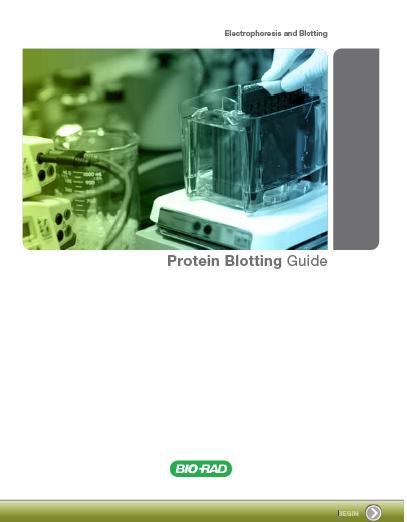For years, scientists and medical professionals have been searching for the holy grail that is personalized medicine. Here, at the American Biotechnologist, we too have been enamored by the concept and have written many articles in its support, (see for example Genomes, Phenomes and Personalized Medicine and Andrew Hessel is a Seer…Personalized Medicine is Very Near). Yet, although many personalized medicine crusaders have gone to war, few battles have been won.
In an unfortunate turn of events, a recent publication out of Harvard University has found that a person’s genetic profile is a very poor predictor of disease and of little use in clinical practice. The study looked at genetic variations associated with breast cancer, type 2 diabetes and rheumatoid arthritis and found that knowledge of these variations only resulted in a 1-3% increase in risk prediction sensitivity. Hardly anything to get excited about.
Does this mean the end to personalized medicine? Of course not! However, it does mean that readers should be skeptical when hearing stories about the great predictive powers of genomic information and need to make sure to keep their scientific glasses on in order to avoid getting swept up by the excitement.
For more information see Knowing genetic makeup may not significantly improve disease risk prediction.
Reference:
Aschard, H., Chen, J., Cornelis, M., Chibnik, L., Karlson, E., & Kraft, P. (2012). Inclusion of Gene-Gene and Gene-Environment Interactions Unlikely to Dramatically Improve Risk Prediction for Complex Diseases The American Journal of Human Genetics DOI: 10.1016/j.ajhg.2012.04.017
















